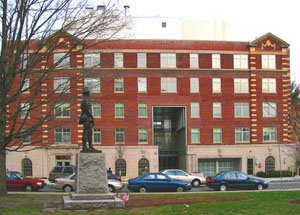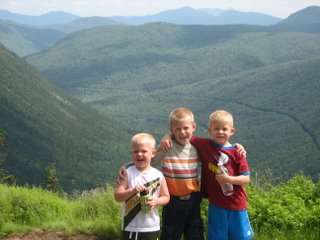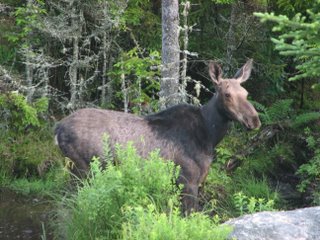Perhaps you missed this comment in a recent review of N. Rescher, Philosophical Dialectics:
But the book does have a relevant problem, one that was easily avoidable. If ever a book seems not to have been copyedited and proof-read, it is this one. Typographical errors abound, including many glaring mistakes. I do not recall more of them, ever, in a serious philosophy book: approximately every second page contains one. Almost inexplicably, too, some entire passages appear twice within the book. A short paragraph from p. 31 recurs on p. 35; p. 78 repeats material from pp. 38-9; pp. 79-80 reprise, with a few trivial changes, a passage from p. 39 (oddly, the later appearance corrects a substantive typographical mistake from the earlier one); much of p. 80 all-but-repeats some of pp. 37-8; and a paragraph on p. 40 occurs again, with minimal alteration, on p. 81. That is not all: p. 103 quotes a lengthy passage from Peirce (referencing it cursorily in n. 10, on p. 113) which also appears in n.6 (appearing on p. 113); pp. 104-5 feature a passage used at pp. 97-8; this is followed immediately, on p. 105, by a few sentences from p. 99.A pity, I think. Apparently, if Rescher had divided the book somewhere between pages 41 and 78, he could have had two books for the effort of one.
I wonder if you've heard mathematicians speak of 'toposes' (plural, for them, of topos), which is a branch of category theory. In an reverse twist, the NDPR reviewer seems to think that aporia is plural, presumably of aporion:
And how are those principles implemented within philosophy? Aporetically! Even individual philosophers, it seems, incur this predicament: "generally the answers that people incline to give to some questions are incompatible with those they incline to give to others" (p. 17). We strike our toes on "cognitive dissonance" (ibid.), on "puzzlement and perplexity" (ibid.). Aporia arise. ("An apory is a group of contentions that are individually plausible but collectively inconsistent" (ibid.)) Socrates would be proud of his legacy.
Examples abound, and Rescher mentions several -- starting with ones about virtue, knowledge, meaning, explanation, and the problem of evil. How should a philosopher react to these aporia? Precisely as philosophers do react:
one can . . . become a skeptic, and walk away from the entire issue, or else one can settle down to the work of problem solving, trying to salvage what one can by way of cognitive damage control. . . . (p. 19)
Mathematicians can be excused for this sort of thing, but not, I think, philosophers--and not, certainly, editors.







